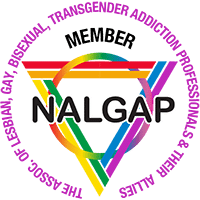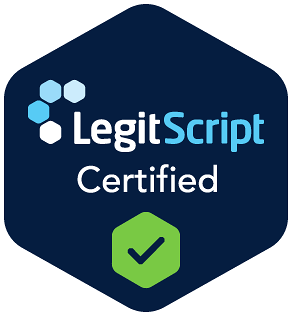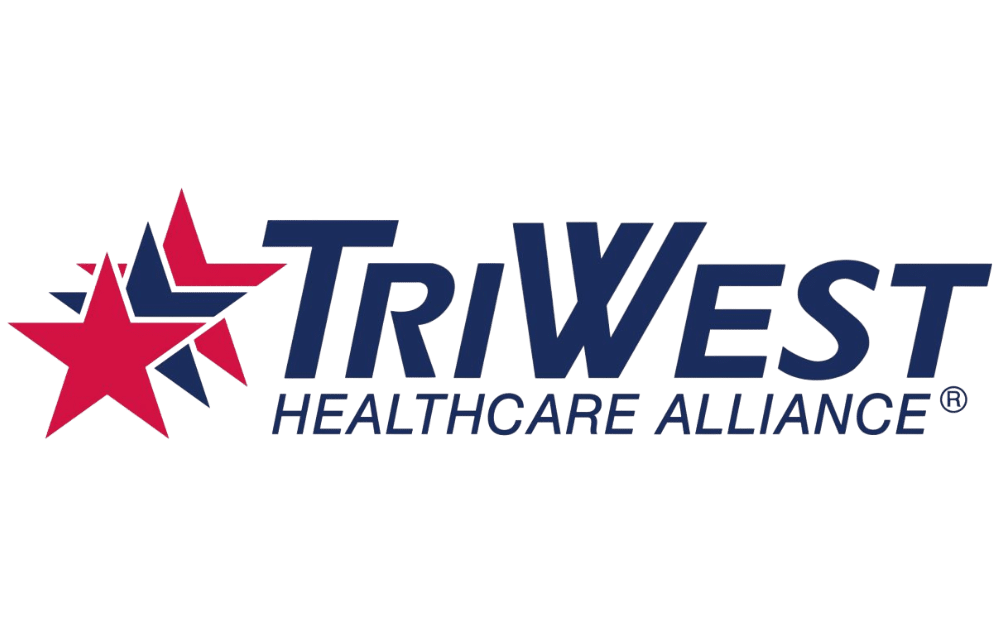Drug treatment rehab center
Integrated Treatment Approach
The Mile High Recovery Center prides itself on delivering a holistic and comprehensive treatment approach. With a spectrum of services ranging from residential treatment to intensive outpatient care, each program is tailored to meet the unique needs of individuals. By integrating evidence-based clinical therapies and experiential modalities, the center empowers individuals to address both substance use disorders and co-occurring mental health conditions.
At the core of the center’s philosophy is a commitment to a multi-phase, personalized treatment model. This approach pairs medical management, including the use of anti-craving medications, with group work and hands-on therapeutic experiences. By supporting the mind, body, and spirit, the Mile High Recovery Center fosters a nurturing environment for sustainable recovery.
Comprehensive Care Options
Offering a wide range of rehabilitative programs, the Mile High Recovery Center caters to diverse needs. Services include, but are not limited to, residential treatment, short-term residential programs, and partial hospitalization (PHP). Each level of care offers unique benefits and challenges, providing individuals with a path to recovery that aligns with their personal circumstances.
Intensive outpatient programs (IOP) and outpatient care are designed for those who require flexibility. These options allow individuals to maintain their work, family, or school commitments while receiving the support and structure necessary for recovery. This adaptability is crucial in fostering long-term engagement and success in overcoming addiction.
Medication-assisted treatment (MAT) options like Suboxone and Vivitrol further enhance the center’s offerings. By addressing both the physical and psychological aspects of addiction, these treatments play a vital role in reducing cravings and preventing relapse.
Dual Diagnosis and Co-occurring Conditions
Substance use disorders often accompany mental health challenges, necessitating a dual-diagnosis approach. At Mile High Recovery Center, professional staff members are adept at treating co-occurring conditions such as anxiety, PTSD, bipolar disorder, and schizoaffective disorders. By addressing these intertwined issues simultaneously, the center provides a more robust and effective treatment experience.
The integration of cognitive behavioral therapy (CBT), dialectical behavior therapy (DBT), and psychotherapy ensures that individuals have access to a variety of therapeutic interventions. These evidence-based practices are tailored to help clients develop coping mechanisms and resilience, which are essential for maintaining long-term sobriety.
Experiential Modalities
Beyond traditional therapies, the center offers an array of experiential modalities to enrich the treatment experience. Adventure therapy introduces clients to the healing power of nature, promoting personal growth through outdoor activities and challenges. Equine-assisted therapy provides a unique opportunity for individuals to engage with animals, fostering trust and emotional regulation.
Creative therapies including art and music activities allow clients to express themselves in non-verbal ways, tapping into the therapeutic benefits of creativity. Nutrition education, an often-overlooked aspect of recovery, empowers individuals to make healthier lifestyle choices, which can significantly enhance their overall well-being.
Personal Insights from Recovery
Alumni of the Mile High Recovery Center frequently share their journeys, offering hope and inspiration to current clients. These personal stories provide a relatable and human perspective on the challenges and triumphs of recovery. By connecting with others who have faced similar struggles, individuals can find the motivation and encouragement they need to persevere.
The active alumni community plays a vital role in supporting long-term recovery outcomes. Through regular events and peer support networks, former clients remain engaged and continue to contribute to the vibrant recovery community facilitated by the center.
Coordinated Sober Living
The Mile High Recovery Center extends its support through a coordinated sober living pipeline. With nine sober living homes, the organization provides a seamless transition between treatment and independent living. These homes offer a structured and supportive environment, enabling individuals to adjust to sobriety in a safe and monitored setting.
By fostering a sense of community and accountability, sober living arrangements can significantly reduce the risk of relapse. Residents engage in continuous support programs, group meetings, and activities that reinforce recovery principles, creating a strong foundation for sustained sobriety.
Insurance and Accessibility
Understanding that accessibility is crucial, the Mile High Recovery Center works with major insurance carriers such as Aetna, Cigna, and Blue Cross Blue Shield. By verifying insurance coverage and accepting in-network reimbursement, the center reduces financial barriers to entry for those seeking help.
Additionally, the center’s location in Denver City Center provides easy access to urban and outdoor therapeutic activities. This strategic positioning enhances the center’s ability to offer diverse experiences that complement the recovery process, emphasizing community-based reintegration.
Evidence of Quality
The Mile High Recovery Center is recognized for its commitment to quality care, maintaining accreditation and industry recognition. Joint Commission accreditation, NALGAP affiliations, and LegitScript verification signify adherence to the highest standards in treatment and service delivery.
These endorsements reassure individuals and their families of the center’s capacity to provide effective, evidence-based care. By continually updating practices and incorporating the latest research, the Mile High Recovery Center stays at the forefront of addiction treatment innovation.
What is an integrated treatment approach, and how does it support long-term recovery?
An integrated treatment approach blends various therapeutic methods to address both substance use and mental health disorders simultaneously. This holistic method recognizes that mental health issues like anxiety or PTSD often accompany addiction, necessitating a comprehensive strategy. For instance, Mile High Recovery Center employs both cognitive and experiential therapies, ensuring that treatment is customizable and multifaceted. This approach not only targets the physical symptoms of addiction but also the emotional and psychological roots, supporting a more sustainable recovery journey. Imagine working through personal trauma while also learning to manage cravings in a group setting; this dual focus can empower individuals to achieve long-term sobriety. As you think about your own or a loved one’s recovery journey, consider what comprehensive supports might be beneficial.
How do comprehensive care options cater to different needs in addiction recovery?
Comprehensive care options are essential because they accommodate varying levels of addiction severity and personal circumstances. At Mile High Recovery Center, offerings range from residential treatment to partial hospitalization and outpatient programs, each providing a tailored experience. For example, an intensive outpatient program could be ideal for someone who has work or family commitments yet still needs structured support. Alternatively, residential programs may suit those requiring a more immersive environment. Comprehensive care flexibly adapts to individual lifestyles, making it easier for people to engage with treatment without completely disrupting their daily lives. Consider what kind of treatment environment you or someone you know may find most supportive and how it might integrate with existing commitments.
Why is addressing dual diagnosis and co-occurring conditions crucial in treatment?
Addressing dual diagnosis is crucial because untreated mental health conditions can exacerbate substance use disorders, creating a cycle that is difficult to break. At facilities like Mile High Recovery Center, professionals are skilled at treating co-occurring conditions, using therapies such as Cognitive Behavioral Therapy (CBT) and Dialectical Behavior Therapy (DBT). These methods help clients build resilience and coping strategies. Imagine trying to manage addiction while grappling with unmanaged anxiety; it can be overwhelming and significantly hinder recovery. By tackling both issues concurrently, individuals often experience better recovery outcomes. What mental health support might be beneficial alongside addiction treatment in your situation?
What are the benefits of experiential modalities in addiction treatment?
Experiential modalities, such as adventure therapy and equine-assisted therapy, offer unique benefits by engaging participants in active, hands-on experiences. These approaches can facilitate personal growth and emotional regulation by taking recovery beyond conventional talk therapies. For instance, engaging with animals through equine therapy can foster trust and improve interpersonal skills, while adventure therapy promotes resilience through physical challenges. Picture a day spent in nature, challenging your comfort zone, and the growth that follows–these experiences can be as transformative as traditional therapies. As you consider treatment options, what types of activities resonate most with you or your loved one’s healing process?
How do personal insights from recovery enhance the treatment experience?
Personal insights from recovery offer powerful encouragement and practical wisdom. At centers like Mile High Recovery, alumni stories create a relatable context for current clients, helping them feel less isolated and more understood. Hearing from someone who has experienced similar struggles and triumphed can inspire hope and drive commitment to recovery. Consider how hearing about someone else’s journey–filled with challenges and victories–might motivate you to persevere through difficult times. How might sharing your story benefit others on a similar path?
What role does coordinated sober living play in maintaining sobriety?
Coordinated sober living is vital for easing the transition from treatment back into everyday life, offering a stable and supportive environment. At Mile High Recovery Center, sober living homes extend the continuum of care, providing structure and community to help individuals adjust to a sober lifestyle. Consider how a supportive network and accountability, accessed through sober living, might reduce the risk of relapse and encourage healthier, long-term habits. What support systems are currently in place for someone you know who is transitioning out of treatment?
How does insurance and accessibility impact the quality of addiction treatment?
Insurance and accessibility can significantly influence a person’s ability to access and sustain quality treatment. Mile High Recovery Center addresses these concerns by working with major insurance carriers, thus reducing financial barriers. The center’s location in Denver further enhances accessibility by combining urban and outdoor therapeutic activities. Consider how financial and geographical accessibility can affect your treatment choices. Are there ways to improve accessibility to quality care in your community?
What should you look for as evidence of quality in a treatment center?
When evaluating a treatment center, look for accreditations like Joint Commission and LegitScript verification, as seen at Mile High Recovery Center. These endorsements indicate adherence to high standards of care and continual improvement. Consider also the center’s use of evidence-based practices and its commitment to integrating the latest research into its programs. If you or a loved one is considering treatment, what qualifications or assurances are most important to you to ensure confidence in the care provided?
Resources
- Substance Abuse and Mental Health Services Administration (SAMHSA) – SAMHSA is a government agency leading public health efforts to advance the behavioral health of the nation.
- American Psychiatric Association – The APA is a professional organization representing psychiatrists in the United States, working to ensure mental health is a top priority.
- National Institute of Mental Health (NIMH) – NIMH is the lead federal agency for research on mental disorders, offering valuable resources and information on mental health conditions.
- Centers for Disease Control and Prevention (CDC) – The CDC is a leading national public health institute providing information on various health topics, including substance abuse and addiction.
- National Institute on Drug Abuse (NIDA) – NIDA is a government research institute focusing on the science of drug use and addiction, offering resources for prevention and treatment.
















